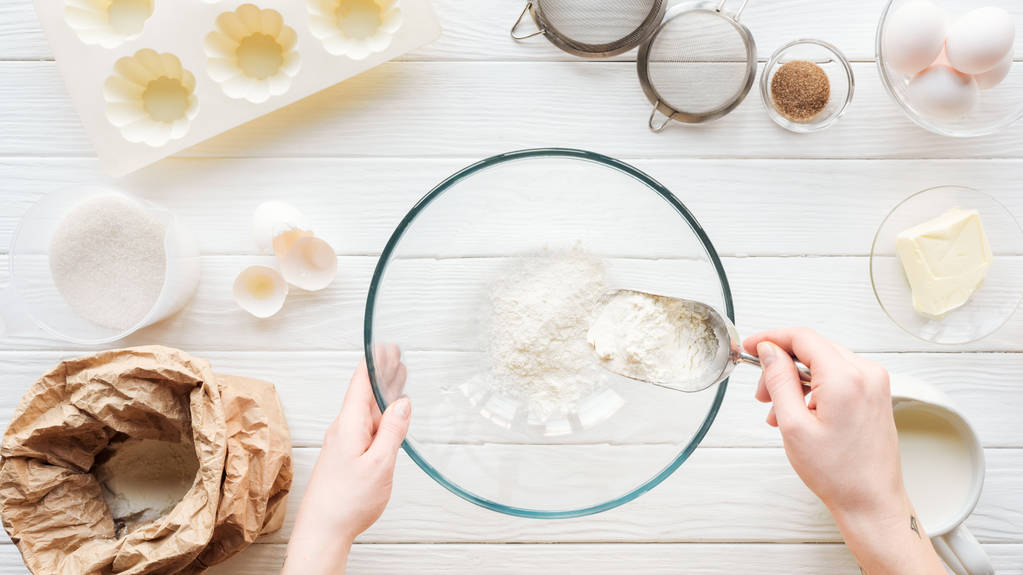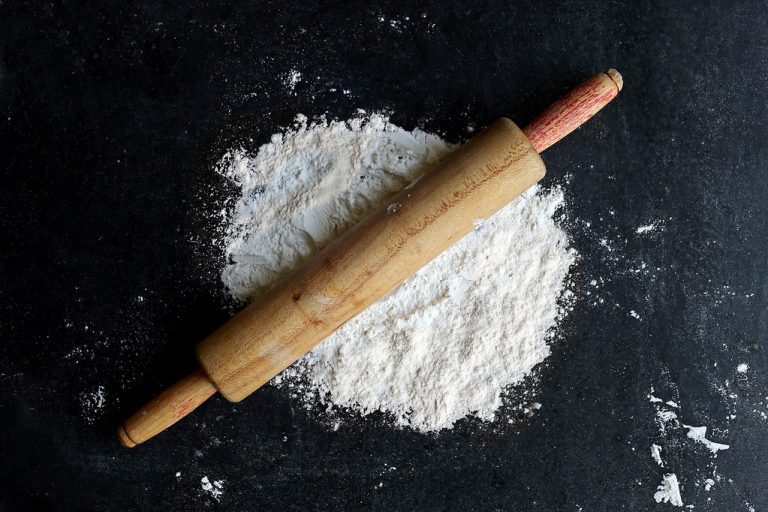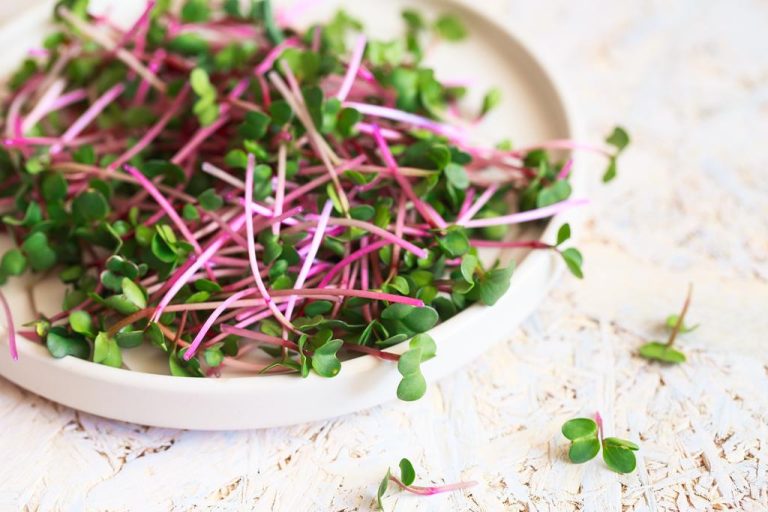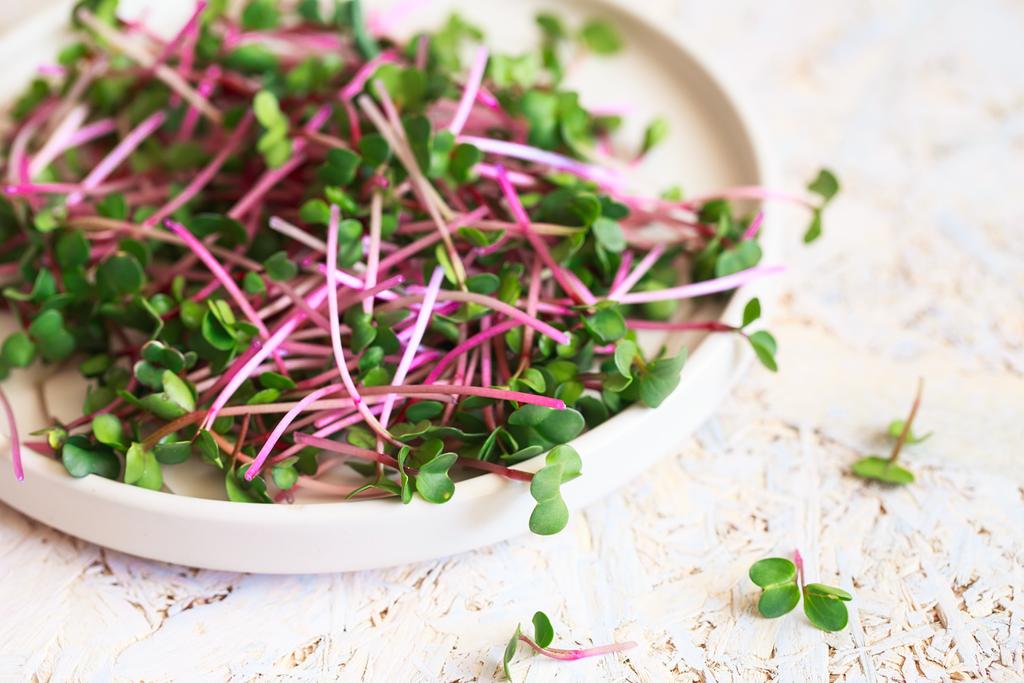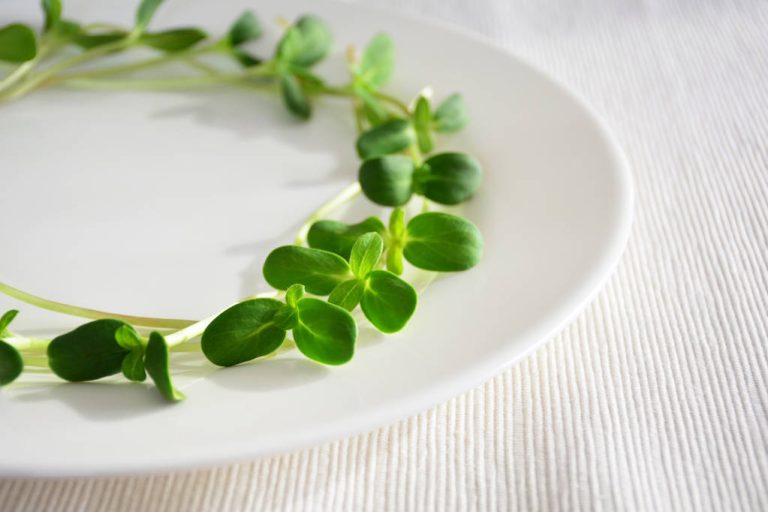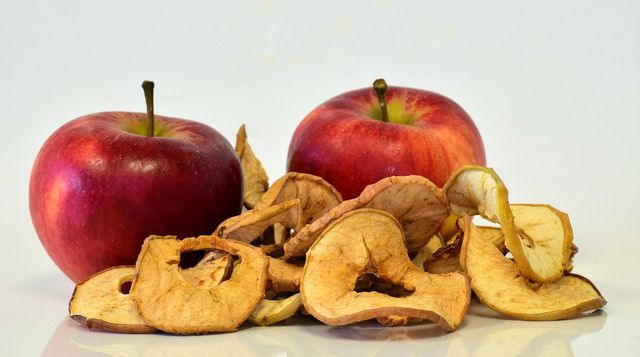This is how you make mayonnaise yourself quickly and easily. Homemade is the healthiest and definitely tastes the best. With instructions for preparing mayonnaise as well as recipes and tips for shelf life and storage.
It goes well with fries, on sandwiches and also in potato salad. They are available in simple, delicacy, and salad versions. We’re talking about mayonnaise. However, making it is not that easy. So that it still succeeds flawlessly, here are five tips on the basic ingredients and preparation, as well as great recipes.
The Origin of Mayonnaise
Mayonnaise is a must in German and international households. There are various theories as to where mayonnaise comes from. There is a widespread belief that the thick, creamy mass comes from the Balearic Islands and derives from the word Mahón, a port city. There it is said to have been created to celebrate the French victory. The resulting word was ‘Mayonnaise’. However, the French origin of ‘mailler’, which means ‘to hit’ in German, is more likely. Another origin says that mayonnaise descended from the Catalan aioli, which is prepared in a similar way. Aioli is mentioned in writing as early as 1024.
Natural ingredients are important
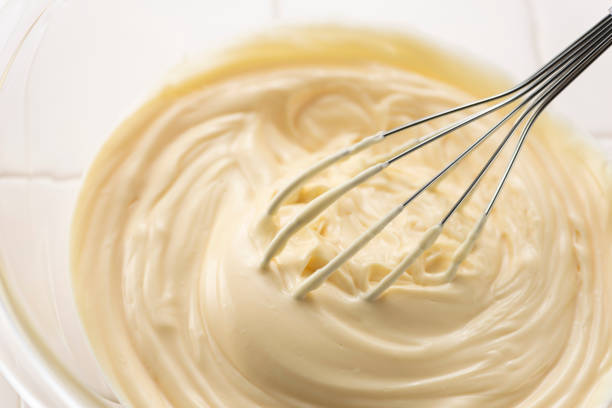
Actually, mayonnaise consists only of egg, oil, lemon juice, mustard, and spices. Fresh eggs are very important in homemade mayonnaise. Usually, only the yolk is used, but whole eggs can be used for your own production – if possible in organic quality and free-range. Mild and neutral vegetable oil such as rapeseed or sunflower oil can be used for the oil. If you want to intensify the taste, nut or olive oil is suitable. Good quality is also required here: It is better to buy the oil in glass bottles and with a low degree of acidity, which is usually shown as a number on the bottles. Here you will find olive oil tips for use as a home remedy.
Lemon juice is responsible for acidity. You can also get good lemon juice from a glass bottle or from real lemons, of course. For a homemade portion of mayonnaise, you need a fresh egg yolk or a whole egg, 200ml oil, ½ squeezed lemon, a teaspoon of Dijon mustard, and, if necessary, salt and pepper for seasoning. The ingredients should all be at about the same temperature. Here you will find instructions on how to make your own mustard.
The ideal preparation of mayo
To make mayonnaise yourself, first put the egg yolk and mustard in a tall container. The oil must be added very slowly during preparation and preferably drop by drop. Actually, oil and water do not bind, but the lecithin in the yolk serves as an emulsifier. This allows the mass to be bound by vigorous stirring. Either the whisk by hand is suitable for mixing, whereby the muscles are properly trained, the stand mixer or food processor (food processor) or the hand blender.
When preparing with a whisk, the ingredients must be whipped very quickly until the mayonnaise succeeds. Typical mistakes made when preparing mayonnaise are stirring too slowly, adding the oil too much or too quickly, or ingredients at different temperatures. Incidentally, the egg yolk and mustard often turn authentic mayonnaise yellow. So you’re not doing anything wrong if you end up with yellow mayonnaise. After all, your mayo is homemade and not an industrial product. The industry tends to use more water and less egg, and whole eggs rather than separate yolks, which results in the white color. Mayo is delicious in any color. Our recipe idea: potato and tomato salad with cheese.
Manual work or rather devices?
If you decide to use the whisk and good old-fashioned handwork, you’ll need to add the oil slowly, pouring it constantly. Best in droplets. The mass is then vigorously beaten with a whisk in a mixing bowl until it is firm and creamy. It is important that you are very quick and do not take a break. This is in the arms! Trained cooks can conjure up the result in about three minutes, but untrained cooks can take much longer, depending on their arm strength. However, apart from a mixing bowl and whisk, no additional equipment is required for this.
It’s much easier in a blender: Put all the ingredients except for the oil in the blender and switch it on. Gradually add oil. Some have a food processor at home because it is also suitable for many other things such as kneading dough, chopping nuts, making pesto, grating cheese, and much more. The easiest way to make mayonnaise yourself is to use a hand blender. It is not expensive, handy and fast. Just as with the previous descriptions, the oil is added here gradually. Here you will find 12 clever kitchen helpers and gadgets for cooking.
Tasty ideas and mayo variants
There are many ideas for refining the mayonnaise. You can’t taste a pinch of sugar or half a teaspoon of honey, but they intensify the other flavors. With garlic, you conjure up a garlic mayo, while with chili you can create a chili mayo. Have you ever heard of wasabi mayo? You can do this by mixing in wasabi powder. With some yogurt in the mayonnaise, you add some freshness and lightness. Ideal for the summer or for nice salads on the grill. You can also experiment with different spices: either the Mediterranean with herbs or curry mayo. Mix salt, water, lime juice, Dijon mustard, cumin, and curry powder. Gradually add the oil. If you like, you can add some cayenne pepper or chili.

Curry mayo tastes a little spicy and deliciously exotic with crispy chicken and sweet potato fries. If you add some Dijon mustard and sambal oelek to the basic ingredients of water, salt, lemon juice, and canola oil, you get a great spiciness. This mayo tastes perfect with Asian dishes and also gives the tofu a special touch. You can also throw other ingredients into the blender during preparation or puree them with the hand blender. Soaked nuts, fresh or dried tomatoes, tofu, or even mango and apple to mackerel go well with this. Try tuna dip for parties and snacks.
Vegan variants without egg
The vegan version uses mayonnaise without eggs. This variant is therefore also good for everyone who has to watch their cholesterol and for people who do not tolerate or do not like eggs. Here you will find more foods and recipes as egg substitutes. The classic is vegan mayo with soy milk: Simply mix 130ml soy milk and 1-2 teaspoons table or apple cider vinegar with lemon juice and 200g vegetable oil with a hand blender until the mixture becomes thick and firm. Season to taste with mustard, salt, and pepper. Another variant is vegan mayo made from chickpea water, the so-called aquafaba. Simply buy a can of chickpeas and pour the water through a sieve into a bowl. Set the chickpeas aside for later dishes. Briefly heat the chickpea water on the stove for five minutes and allow it to cool thoroughly.
Then add lemon juice and a tablespoon of chickpeas. Add the mixture to the blender along with the Dijon mustard and blend well on high. Add the oil very slowly. Season with salt and pepper – done. Many vegans use untreated cashew nuts for their mayo because of the healthy, plant-based fat content. You should soak them in water for two hours, then drain the water and then put the soaked cashews in the blender. Then add white wine vinegar, mustard, oil, water, and lemon juice. You can also omit the oil, as cashews are already very greasy. You can season the whole thing with salt, pepper, and optionally turmeric.
Durability and storage
When warm or hot, mayonnaise is very short-lived due to the egg. It’s best not to eat them after they’ve been warm for a few hours. Homemade mayonnaise should also only be consumed in a cool place for up to three days. Finished mayonnaise in jars or tubes can be kept refrigerated for up to nine months. You can tell that mayonnaise is spoiled by its appearance and smell: rancid smell and very sour taste as well as slight lumps are signs of mayonnaise that is no longer edible. Here are tips for storing and preserving eggs.

